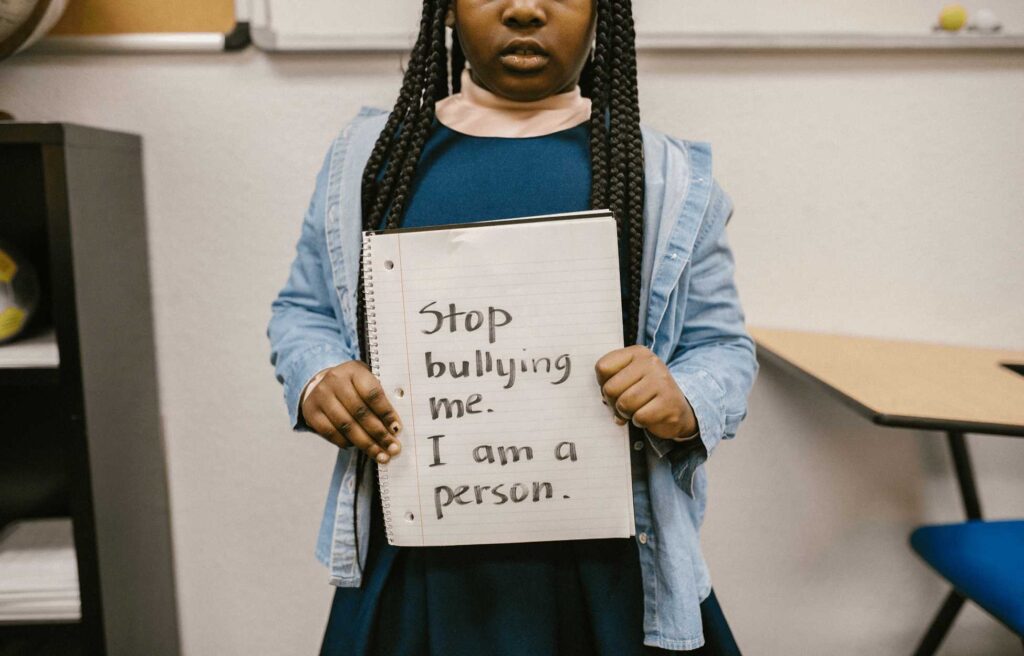
Bullying
Bullying affects over one million young people every year, and anyone can be bullied. Here’s what you can do if you’re being bullied.
What is bullying?
If somebody physically hurts you, or verbally abuses you, that’s bullying.
Specific types of bullying include:
- homophobic bullying based on your sexual orientation
- racist bullying because of your skin colour
- religious bullying because of your beliefs or faith.
- sizeist bullying referring to your body size
- sexist bullying focusing on you being of the opposite sex
- cyberbullying targeting you online, often anonymously
- bullying because you are different
Bullying can be a one-off or it can go on for a long time. And bullying can happen to anyone.
How bullying can affect you
Bullying can make you feel isolated and worthless, lonely, anxious, angry and lacking confidence. You may experience some or all of these feelings.
Some people who are being bullied develop depression, anxiety and eating problems. They may self-harm or turn to drugs and alcohol. If you are experiencing problems like these because of bullying, it’s having an impact on your health. You need to talk to your GP, who will keep any information confidential.
Bullying in any form is hurtful and unacceptable and can make your life miserable.
Get help for bullying
Ignoring bullying won’t make it go away. You need to tell someone about what is happening.
If the bullying is happening at school
Talk to your parents or carers and your teacher. Your teacher may have no idea that you are being bullied, and the school will have an anti-bullying policy to tackle it.
If you feel you can’t speak to your teacher, maybe a friend can do it for you. You can also speak to a school counsellor, welfare officer or nurse.
In extreme cases, if bullying is interfering with your education it may be possible for you to change schools if it doesn’t stop once you have reported it.
If the bullying is happening outside school
Talk to your parents or carers, close relatives such as grandparents, aunties and uncles, or even your friends’ parents. Youth workers and leaders may be able to help too.
If the bullying is happening online
Tell a trusted adult – your parents or carers, or a teacher. You can report abusive posts on Facebook and other social media platforms.
Keep reporting the bullying until it stops. It may not stop the first time you tell your parents or teacher and they try to stop it. If the bullying continues, tell them again.
Don’t put up with it. No one deserves to be bullied.
Help Center
We offer support to anyone under 30 about anything that’s troubling them.
Email support available via letstalk@speakoutu.org.
Free webchat service available.
Opening times: 9pm – 5pm, Monday – Saturday
